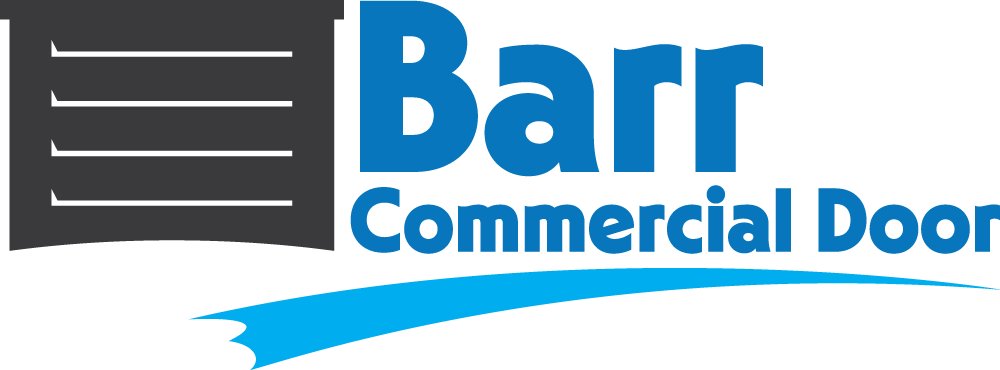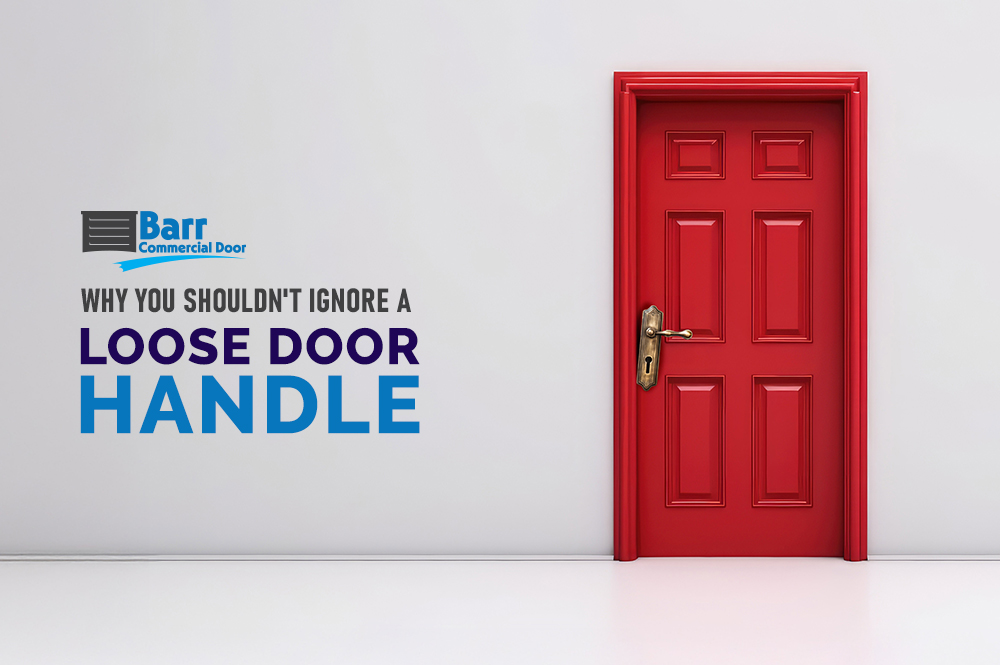Overview: Thinking about installing a Dutch door? Ask these 5 essential questions to ensure safety, efficiency, and compliance before you commit. Learn more with Barr Commercial Door.
Dutch doors — once a staple of farmhouses and colonial architecture — have found new relevance in today’s commercial environments. Their unique split design allows the top and bottom halves to open independently, making them an ideal choice for businesses that require a balance of accessibility, communication, ventilation, and security.
But before you move forward with installation, it’s essential to ask the right questions. Choosing and installing the right Dutch door isn’t just about aesthetics — it’s about code compliance, functionality, and long-term durability.
Let’s explore what to consider to ensure your investment delivers both form and function!
1. What Is the Purpose of the Dutch Door in Your Facility?
Every commercial door installation should start with a clear goal. Are you trying to:
-
Improve visibility and communication in a reception area?
-
Secure restricted access in a school or healthcare setting?
-
Enhance ventilation in a loading dock or breakroom?
Understanding your primary objective will guide your decisions on material selection, hardware options, and even fire or ADA compliance. For example, a customer service counter in a retail environment may require a locking lower panel while keeping the top open for customer interaction.
2. Does the Door Meet Fire, Safety, and Accessibility Codes?
Compliance isn’t optional — it’s mandatory. In commercial settings, doors must meet local building codes, fire safety regulations, and in many cases, ADA (Americans with Disabilities Act) requirements.
Not all Dutch doors are fire-rated or compliant out of the box. If the door is installed along a fire-rated corridor or in a healthcare or educational facility, special materials and certified hardware may be needed.
Key considerations:
-
Is the door UL-listed for fire resistance?
-
Are the handles and locks positioned for ADA accessibility?
-
Does the split door configuration compromise your fire barrier?
Working with a professional installer ensures you stay compliant while avoiding costly corrections down the line.
3. What Security Features Are Needed?
While Dutch doors promote openness, they must also provide solid security. This is especially critical in environments like medical offices, childcare centers, or administrative spaces that manage sensitive documents or valuable equipment.
Ask your provider about:
-
Deadbolt or mortise locks on both the upper and lower halves
-
Interlocking systems that allow the door to function as a solid unit when needed
-
Commercial-grade hinges and tamper-resistant hardware
-
Access control integration with electronic keypads or card readers
At Barr Commercial Door, we offer tailored hardware solutions to meet your unique security demands without compromising functionality.
4. How Will the Door Affect Energy Efficiency and HVAC Control?
Split doors can be an asset in managing airflow — but only if they’re designed with insulation in mind. Poorly installed or improperly sealed Dutch doors can contribute to energy loss, especially in temperature-sensitive environments like data centers or refrigerated storage areas.
Ask about:
-
Insulated core materials (steel vs. wood vs. fiberglass)
-
Weatherstripping and seal performance
-
Compatibility with your building’s HVAC system
Proper insulation helps reduce operating costs and supports green building initiatives.
5. What’s Involved in Professional Installation?
Unlike traditional doors, Dutch doors require precision installation to ensure the top and bottom panels align seamlessly and operate independently without sagging or binding. That includes:
-
Leveling the frame and adjusting for weight distribution
-
Installing specialized latching hardware
-
Coordinating with existing wall or access control systems
-
Testing for ADA swing clearance and fire code compliance
This is not a DIY-friendly install. Working with a professional team like Barr Commercial Door guarantees proper alignment, code adherence, and long-term durability.
Is a Dutch Door Right for Your Facility?
Dutch doors can be a smart, stylish, and functional upgrade for many commercial spaces — when installed correctly and thoughtfully. They offer the ideal blend of openness and security, particularly in environments where interaction and restricted access must coexist.
Whether you’re overseeing a commercial property in Los Angeles or managing a facility in Orange County, Barr Commercial Door is your go-to partner for compliant, expert Dutch door installations.
We’ll help you ask the right questions, choose the right solutions, and ensure your door enhances both performance and safety!


